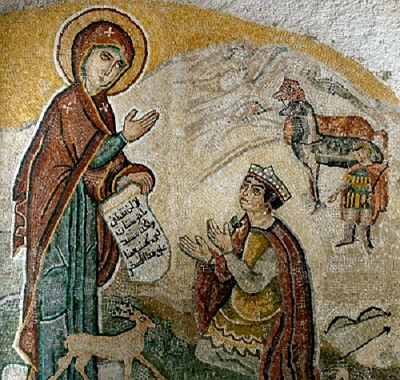At a Glance
- The world is moving towards unity. Certain world leaders are pulling to the front, for leadership of this promised utopia (especially the Pope, among others).
- Standing in the way to a world synthesis of religion is Fundamental beliefs (particulars of faith), and those who adhere to them (especially within Christianity).
- Pope Francis and other leaders have demonized and condemned Fundamentalist movements and beliefs as being “sickness,” “illness,” dangerous, and violent, in an effort to paint them as a problem for the world to hunt down and eliminate, or to shrug off and avoid. [Major statements and video documentation are listed below – incredible comments with deleterious effects – See for yourself]
- An appeal for awareness and justice of understanding is made in concluding paragraphs.


